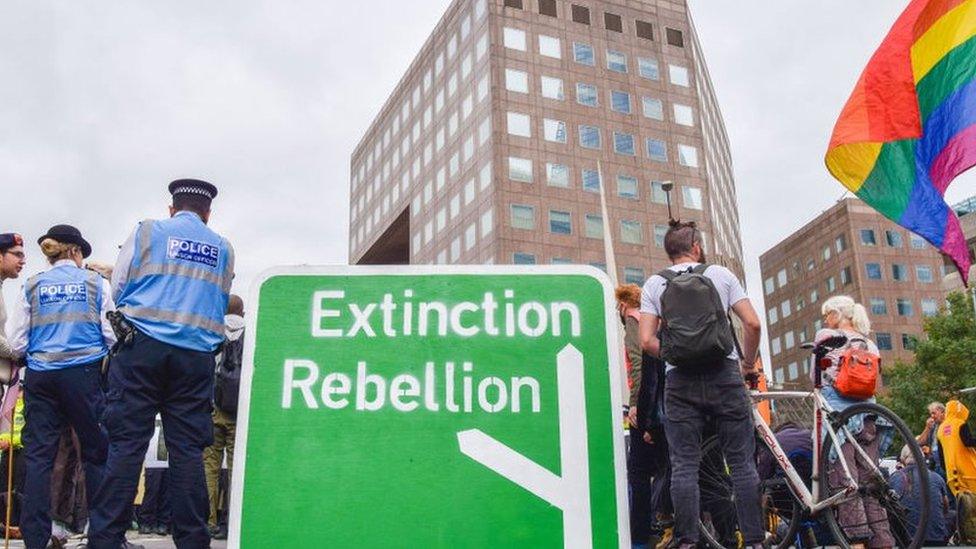Extinction Rebellion: Granddad risking jail for grandson's future
- Published
Climate change activists from Extinction Rebellion have been in the spotlight recently - with protests causing disruption in London, Cardiff and other cities. Here, some of them explain why they are prepared to put their liberty on the line for the cause.
'I've never been in trouble before'
"I don't believe there's anything more important I can do with my life"
Hugh Thomas, a 63-year-old grandfather, has pledged to do "whatever it takes", including going to jail, in order to secure a better future for his four-year-old grandson.
He lives in Barry and for the last year has been an active member of the campaign movement Extinction Rebellion.
Extinction Rebellion is a UK-wide movement which uses direct action to bring attention to the climate change crisis.
Semi-retired Hugh is what's known as an "arrestable", and in the last year he has been arrested four times.
He said: "It is a serious business, and I've never been in trouble with the police before. But every day you hear more about how the climate is already being affected worldwide and in Britain by severe events - wild fires, flooding, the arctic ice melting, the tundra burning, the forests in the north burning.
Hugh's grandson has become his "driving force" to be part of the movement.
"He's been a big part of my life. I've had him once a week since he was three months old," he said.
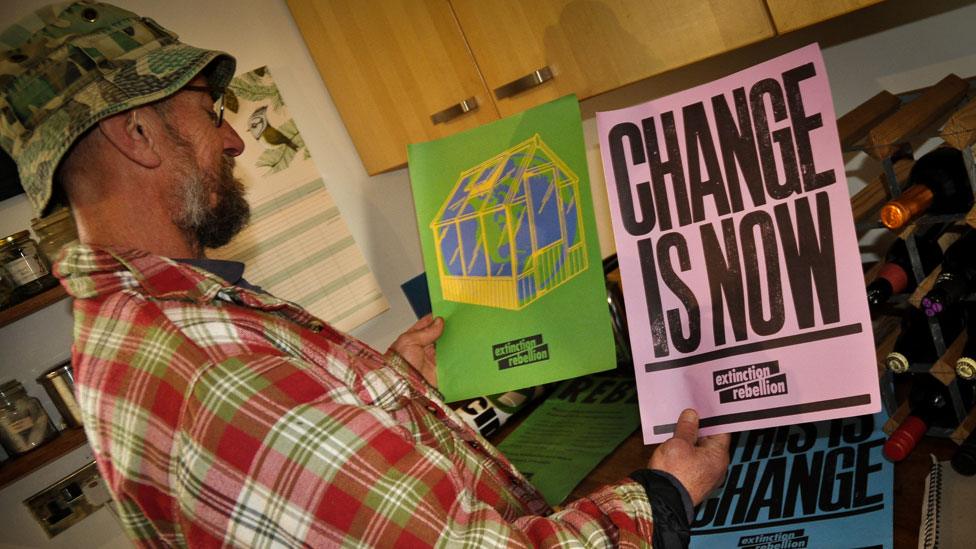
Hugh Thomas has been arrested a number of times through his protesting
"I see him growing up so innocent and so loving, and I think his future is so threatened now by our own selfishness, our own unwillingness to change our lifestyles," he said.
"I don't believe there's anything more important I can do with my life. I'm doing this because I care about my grandson's future and the future of the planet. I'll do whatever it takes to help this rebellion succeed."
Hugh has taken action in both Cardiff and London. He first glued himself to the Department of Energy and Climate Change last November, and then in April this year he was arrested after locking himself to the Pink Boat in Oxford Circus for four days.
Who are Extinction Rebellion?
"The number of passers-by who expressed their thanks to us for standing up for what we believe was heartening. But not everyone was so positive. Inevitably what we're doing is challenging. We're upsetting individuals' daily routines, making them late for work," he said.
When challenged about the inconvenience, he replied: "We're always very apologetic to these people, but we do believe that we're looking at a much more important medium-to-long-term situation that justifies what we're doing. Short-term inconvenience is something that has to be accepted."
Hugh joined the "summer uprising" protest in Cardiff this July, echoing the spring London action, with campaigners putting a green boat in front of Cardiff Castle and blocking the road for three days.
Hugh was responsible for towing the boat to its destination, as well as building the compostable toilets. No arrests were made on this occasion.
In October, Hugh was one of four people to lock himself on to a lorry in front of the Home Office. After 15 hours, he unlocked himself due to cuts on his wrists and was arrested.
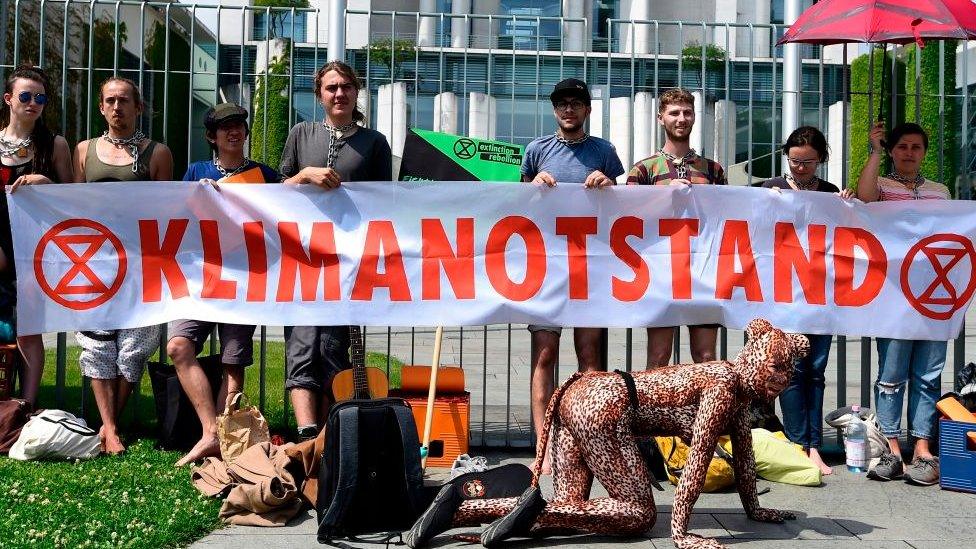
Extinction Rebellion protests have been held in countries around the world, including Germany
After his release, he then turned up at the BBC's Broadcasting House with a Welsh contingent of Extinction Rebellion protestors, where he glued himself on to the front door. He was once again arrested.
"If I continue to get arrested, then eventually I will receive a custodial sentence. If I continue after that, then the custodial sentences will increase and I am fully prepared for that," he explained.
"I don't believe there's anything more important I can do with my life. I'm doing this because I care about my grandson's future and the future of the planet."
'Breaking the law works'
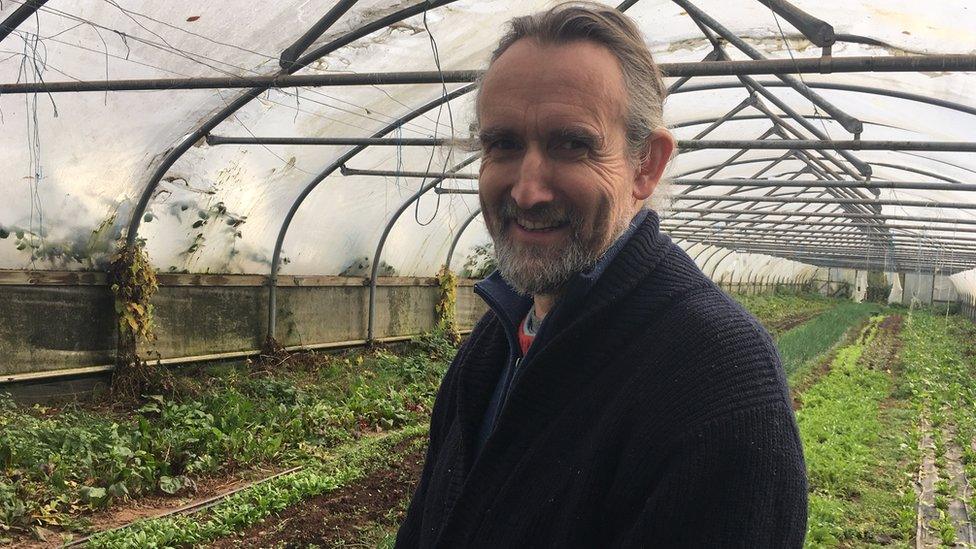
Roger Hallam co-founded Extinction Rebellion
Roger Hallam is one of the co-founders of Extinction Rebellion and an organic farmer in Carmarthenshire.
He is currently out on bail in Wales on charges of conspiracy to cause a public nuisance for allegedly flying a toy drone at head height at Heathrow Airport.
He said: "The reason direct action and breaking the law is at the centre of Extinction Rebellion is because it works. This is off the scale and it's creating an enormous amount of emotion in people. It's not an abstract thing. It's something that's real."
"The reason direct action and breaking the law is at the centre of Extinction Rebellion is because it works."
Roger Hallam, one of the Extinction Rebellion co-founders, spoke to the BBC in August.
When questioned over the tactics the group has used, he called the situation "complicated".
"Social change is complicated. Things that work also don't work at the same time. You have to disrupt people in order to bring about change. People have to realise something is wrong, and you get their attention by disrupting them," he explained.
"But if you do it in an aggressive judgmental way, then they're not likely to change. We're doing it because we have a duty to wake people up to what's happening."
'I felt a tremendous sense of panic'
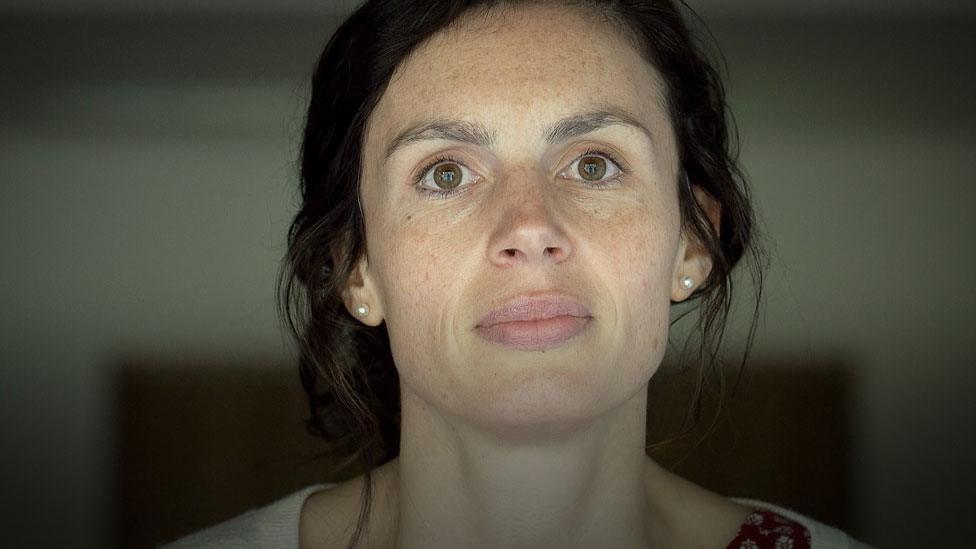
Sian Stephen feared for her children after having them because of climate change
Sian Stephen, 38, lives in Cardiff and has been a member of Extinction Rebellion for one year.
The mother-of-two is not an "arrestable", as she does not want to be separated from her young children so instead focuses her efforts on press work and making sure the movement in Wales is bilingual.
"The 'summer uprising' was incredible in many ways. It was terrifying. We were out of our comfort zones. We'd never put a boat in front of a castle or blocked a road before. It was a learning experience and a brilliant chance to engage with the public. Yes some people were frustrated, but I would say the vast majority of people were supportive."
She said a growing unease over the past decade had spurred her on to join Extinction Rebellion.
"The last nail in the coffin was the IPCC report which came out last year. It stated really clearly that we had 12 years to halt irreversible climate change.
"I felt a tremendous sense of panic. I felt grief stricken and guilty. At that point, I had a three-year-old girl and a small baby who was a few months old.
"I thought - what on earth have I done? I've brought them in to this world and the future is incredibly uncertain."
Sian said her mother and step father's involved in Cymdiathas in the 1980s, who protested for official recognition for the Welsh language, used a similar non-violent civil disobedience techniques to achieve their aims of getting.
She added: "What it taught me is that these tactics work. Times and attitudes can change, and what it means to be on the right side of history can change over time as well.
"What we've achieved is getting climate change up on the agenda. It's finally being talked about."
More on this story on Eye On Wales 13 October at 6.30pm on BBC Radio Wales or listen again on BBC Sounds.
2025year when the group aims for zero carbon emissions
298,000followers on Facebook
1,130people arrested over April's London protests
2018year the group was founded
- Published20 September 2019
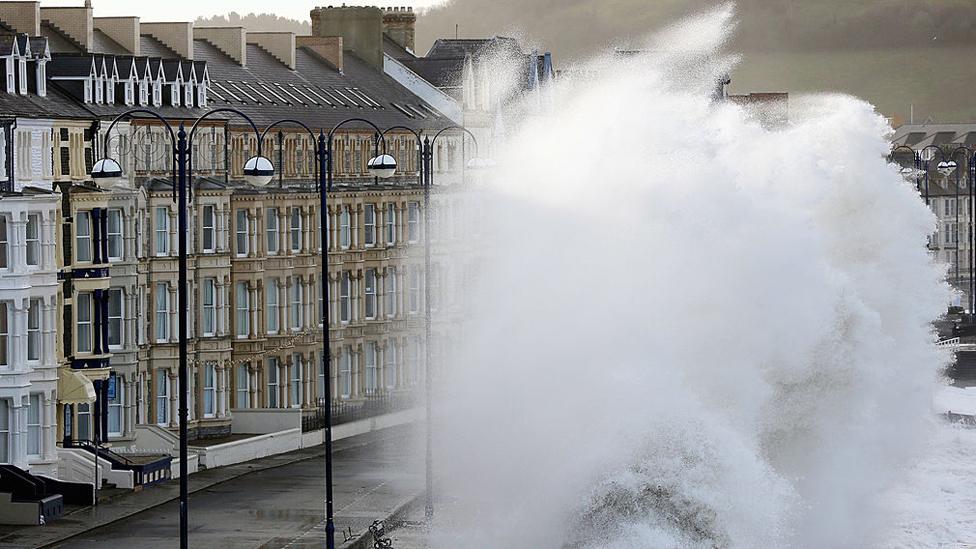
- Published26 October 2019

- Published11 November 2019
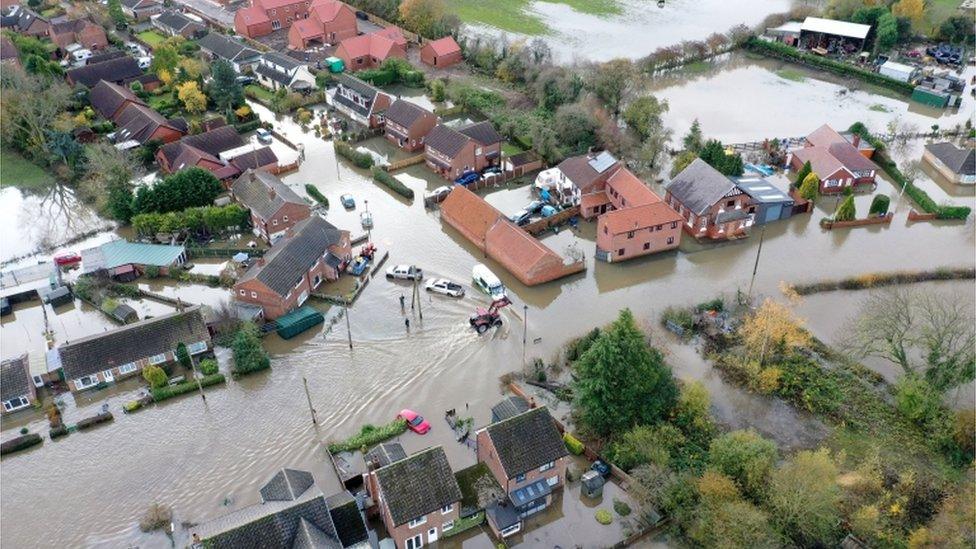
- Published16 October 2019
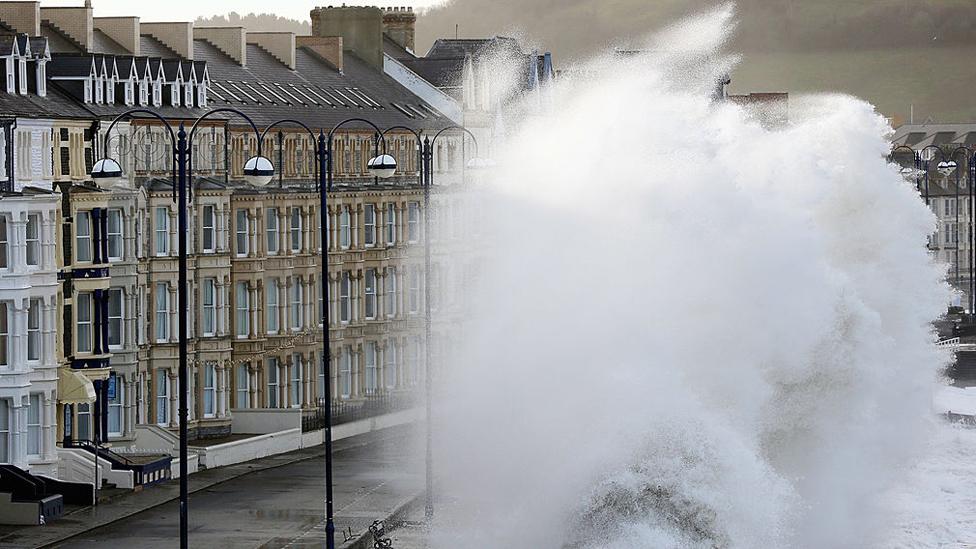
- Published15 July 2019
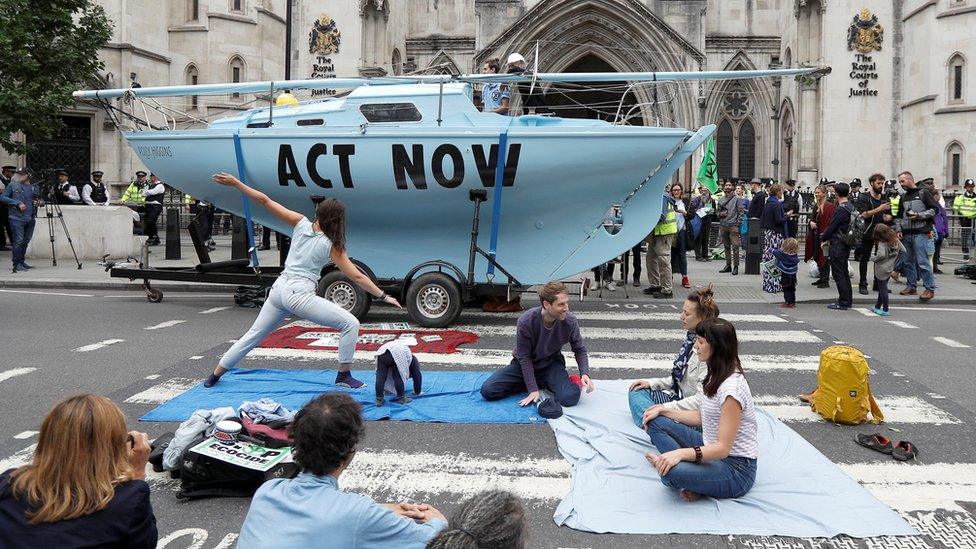
- Published15 October 2019
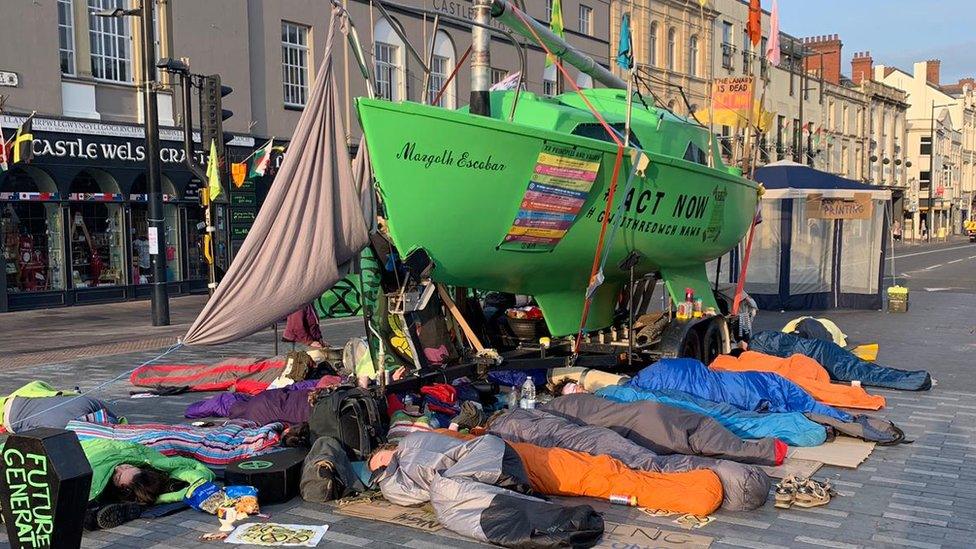
- Published6 November 2019
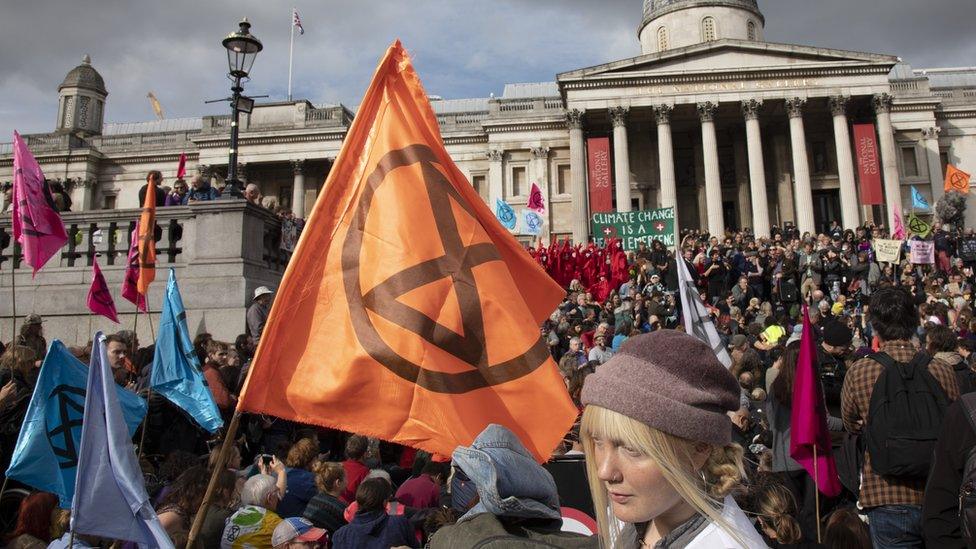
- Published14 April 2022
